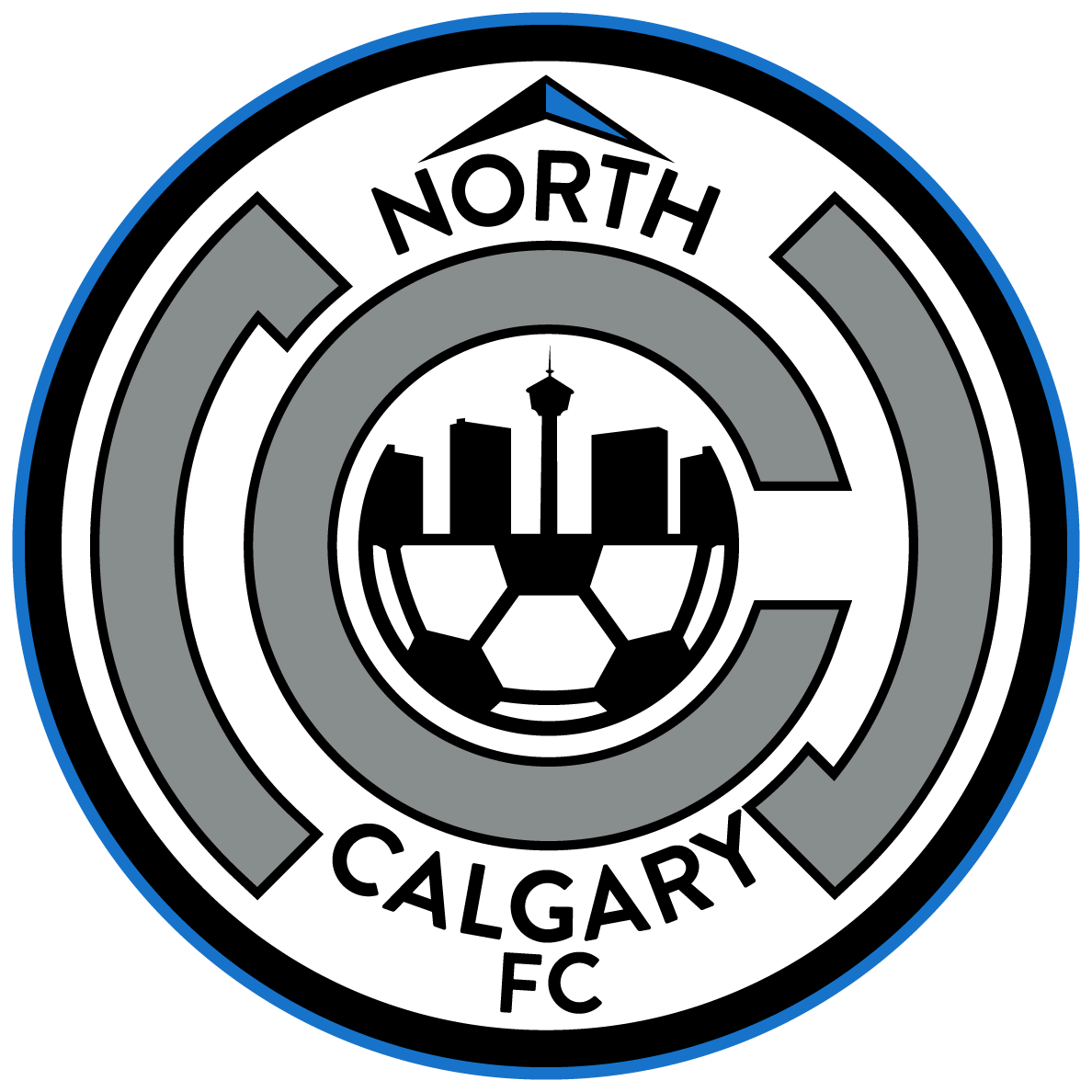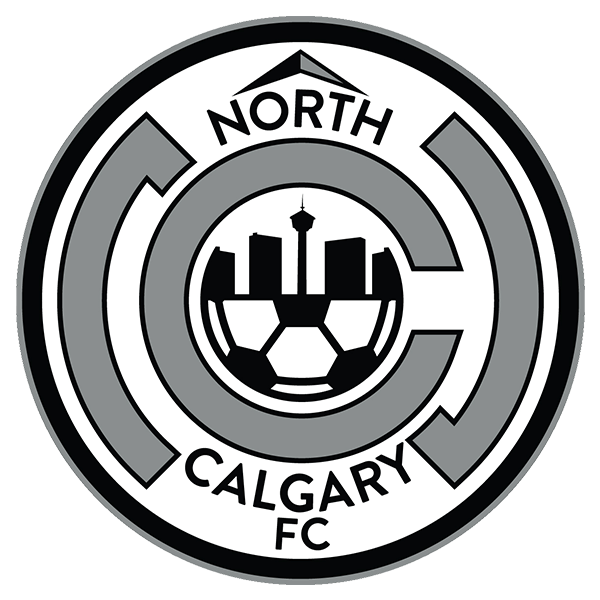NCFC Coaching Code of Conduct
The purpose of the NCFC Coaching Code of Conduct is to develop a standard of coaching guidelines to protect the welfare of all North Calgary FC members (trainers, coaches, athletes and volunteers), by promoting the fair and responsible treatment of athletes.
NCFC COACHES ARE MENTORS
When you volunteer to coach a NCFC soccer team, you are volunteering to serve as a role model for our athletes, therefore it is extremely important that all NCFC coaches act in an appropriate manner. The obligation of the coach is not only to develop, advance and support the athletic career of our athletes, but also to promote values such as responsibility, kindness and good sportsmanship. The coach leads the athlete towards becoming a mature individual who is able to take care of him/herself, make decisions, and show responsibility for their own behaviour and performance in all life situations.
NCFC COACHES ARE QUALIFIED
A good coach seeks continuous personal improvement. We encourage all of our coaches to keep up with the latest developments in coaching youth soccer. As a minimum, all NCFC coaches must complete the required Soccer Canada Community Stream course for the age group they are coaching. We expect our coaches to step up, learn new drills and skills so they can pass on that information to their athletes.
NCFC COACHES ARE HONEST AND TRUSTWORTHY
As a mentor, a coach is sometimes privy to sensitive information about the personal development of their athletes. It is important that all NCFC coaches maintain the confidentiality of their athlete's information and any conversations they may have with them. Our coaches should not share any personal details about their athletes with any third party unless they have specifically discussed it with the athlete beforehand and have been given consent to do so. NCFC coaches involve athletes in decisions that concern them and their future.
NCFC COACHES ARE RESPECTFUL
We expect all NCFC coaches to be respectful of others, themselves, the sport, the organization, facilities and equipment. Respect towards others means to show tolerance and to treat everyone equally regardless of their sex, age, race, language, socioeconomic status, ethnic origin, disability, or religion and to respect their rights and dignity.
A coach respects the decisions made by others (officials and opponents). The coach treats each athlete as an individual with own rights and needs.. The coach respects the privacy of the athlete. The coach avoids any form of harassment (sex, gender, disability) towards the athlete.
A coach respects the decisions made by others (officials and opponents). The coach treats each athlete as an individual with own rights and needs.. The coach respects the privacy of the athlete. The coach avoids any form of harassment (sex, gender, disability) towards the athlete.
NCFC COACHES ARE FAIR
The coach provides each athlete with the same opportunities and training times. A coach shows no favouritism to one athlete over the other. A coach teaches athletes to be fair (fair-play) to their team-mates and opponents. The coach has to refrain from using any unfair and illegal training methods (including performance enhancing drugs).
NCFC COACHES ARE CARING
NCFC coaches are expected to provide positive and constructive feedback to the athletes. A coach cares for the well-being of the athletes while considering their wishes and opinions. The coach ensures that the training and competition requirements meet the abilities of the individual athlete in fitness and age. The coach has to carefully consider how to deal with the media and always keep in mind what is best for the athlete.
Coach should never risk the health and safety of their athletes. The coach only uses training methods that will benefit the athletes.
Coach should never risk the health and safety of their athletes. The coach only uses training methods that will benefit the athletes.
NCFC COACHES HAVE INTEGRITY
Our coaches should conduct themselves with integrity, keeping to their personal values in word and actions at all times. We discourage unsportsmanlike behaviour such as, taking bribes or encouraging athletes to take bribes. A coach has to keep a high moral standard and has to follow it at all times. The coach acts as a role-model.
NCFC COACH RESPONSIBILITIES
- The coach has to give the athletes the opportunity to develop their skills, confidence and self-esteem.
- The coach ensures that the training program is adjusted to the needs and capabilities of each athlete.
- The coach promotes the values of team spirit and fair-play and that winning is only one part of athleticism but that fun and enjoyment are more important.
- The coach has the responsibility to keep up with the latest developments in training and coaching techniques and makes sure that the training facilities are in good and appropriate conditions.
- The coach also has the responsibility to act as a role model and to promote a healthy lifestyle for the athletes to follow.
- The coach acts as an example that the athletes can copy and follow.
- The coach also has to keep in regular contact with the parents or legal guardians about training schedules, possible tournaments, rules and regulations, as well as the athlete’s health and wellness for their development.
- Coaches should not over-train the athlete, but have the athlete’s well-being at all times as a priority, as well as keeping them interested in the sport.
- Each individual athlete should be trained in a way that they reach their full potential.
- Coaches promote sportsmanship on and off the field.
- The coach should also show responsible behaviour towards natural resources and the environment and should motivate the athletes to take the same care.
- Coaches refrain from the use of performance enhancing and illegal drugs.
- Coaches do not start sexual relationships with their athletes and also discourage attempts from the athletes to initiate sexual relationships with them.

